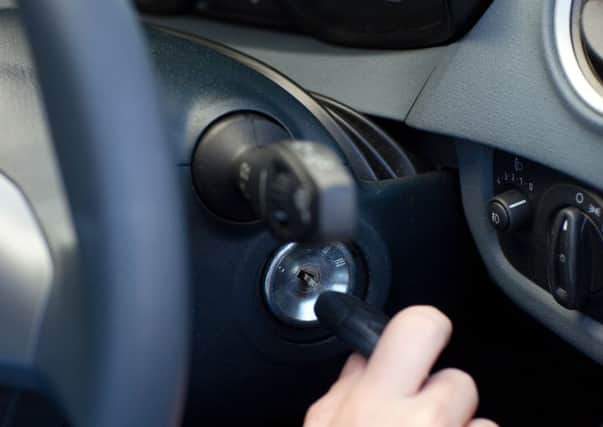James Walker: Beware the car finance fast lane


The short answer is they’ve taken out car finance. However, the finance deals today are light years away from the hire purchase agreements of the past. They offer money towards your next deposit, the chance to have a much more expensive car than you thought you could afford and all for a simple trade-in or buy-out at the end of the deal. And it’s big business – last year 2.9 vehicles were financed worth £43 billion.
But these deals are ludicrously complicated – and Resolver users are telling me that drivers are being flogged loads of extra policies too. So here’s a few things to watch out for if you’re getting a car on finance.
Advertisement
Hide AdAdvertisement
Hide Ad◆ Beware the add-ons. When I took out a car finance deal I was pushed in to taking out tyre, alloy and dent insurance. “Why?” I hear you cry. Well I could have been held liable for some damage under the car finance deal at the end of term – though the rules were vague. Total cost: £1,000. And the tyre policy was rubbish when I claimed on it.
◆ Trade-in value: Car finance deals are sold with the promise of having some left-over cash at the end of the agreement that will “pay the deposit on your next car”. This works because the firm estimates what the value of the car will be at the end of the deal and what the “balloon payment” will be (the amount you pay if you want to keep the car). There then follows an enormously complicated calculation that I won’t bore you with. Suffice it to say, in practice, this rarely seems to occur. So don’t bank on seeing any returns despite the sales patter.
◆ Mileage: Your deal will set a specific number of miles that you can drive over the course of the agreement (or each year). If you go over the limit you pay. Sometimes by the mile.
◆ Wear and tear: When you hand the car back it will be given a thorough damage check. This can result in a large bill – and like car hire charges, it’s extremely contentious.
◆ Can’t pay, we’ll take it away. If you can’t pay then the car will be collected. We’ve heard of some aggressive collection procedures, often after minor infractions like one or two missed payments or errors. Rumours abound of cars fitted with immobilisers for people who default.
For all their complicated ways, car finance contracts are regulated financial agreements (under the Consumer Credit Act) which means you can go to the financial ombudsman if you’re unhappy with the result of a complaint. If you need to make a complaint, have a think about who you’re unhappy with. For example:
◆ The dealership – for anything arising from the sale, like being misled, tricked or lied to.
◆ The underwriter – for anything arising from an insurance claim.
Advertisement
Hide AdAdvertisement
Hide Ad◆ The credit provider – for anything arising from the money you borrowed or the wording in the contract.
Of course, huge numbers of people, including me, take out finance agreements every year without problems. But it pays to be wary when you buy a car. You’ve got to make a call on the sales patter and what you think of it.
In short, be sceptical, only agree to take a car you can afford, and walk away if you get the hard sell.
James Walker is the founder of online complaint-resolution service Resolver.co.uk